Upload is one of Amazon's latest hits--they have a lot of good stuff out right now--but while there are many things that fans love about it, it also falls short in some respects.
Everyone loves some futurism and a dash of mystery and romance, and the show surely comes through in respect to these genres. The show also has a greatly gifted and diverse cast of characters and offers some wonderful friendship and family dynamics. But in what ways did Upload really earn fans' affection, and what let them down?
10 Love: Nathan Prioritizes Pedestrians
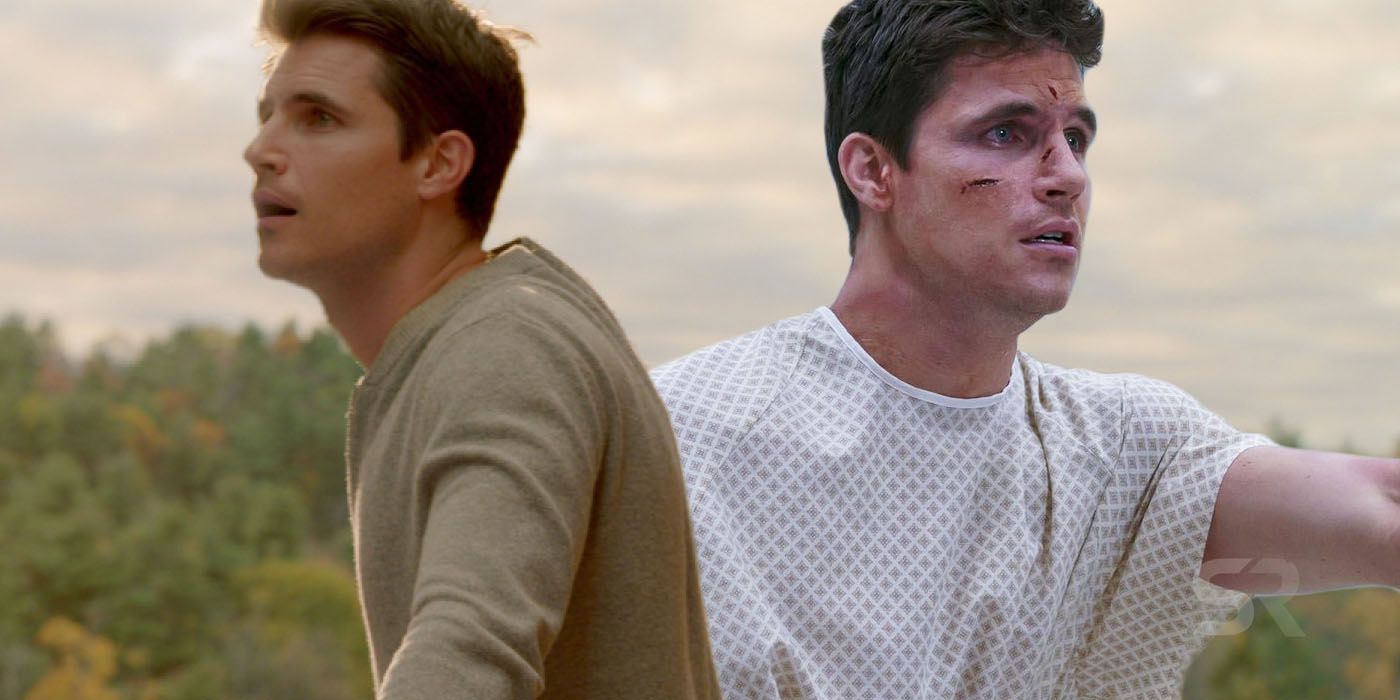
There's a subtle moment in the show where the audience is offered insight on who Nathan is as a person. He and Ingrid are in one of the self-driving cars, as all of them are in the futuristic setting of the show, and the car nearly hits a pedestrian. Nathan, shocked, asks Ingrid if she has "prioritize occupant" on, to which she says of course she does. Nathan reveals that he prioritizes pedestrians, showing that he is considerate.
9 Don't Love: Early Treatment Of Ingrid
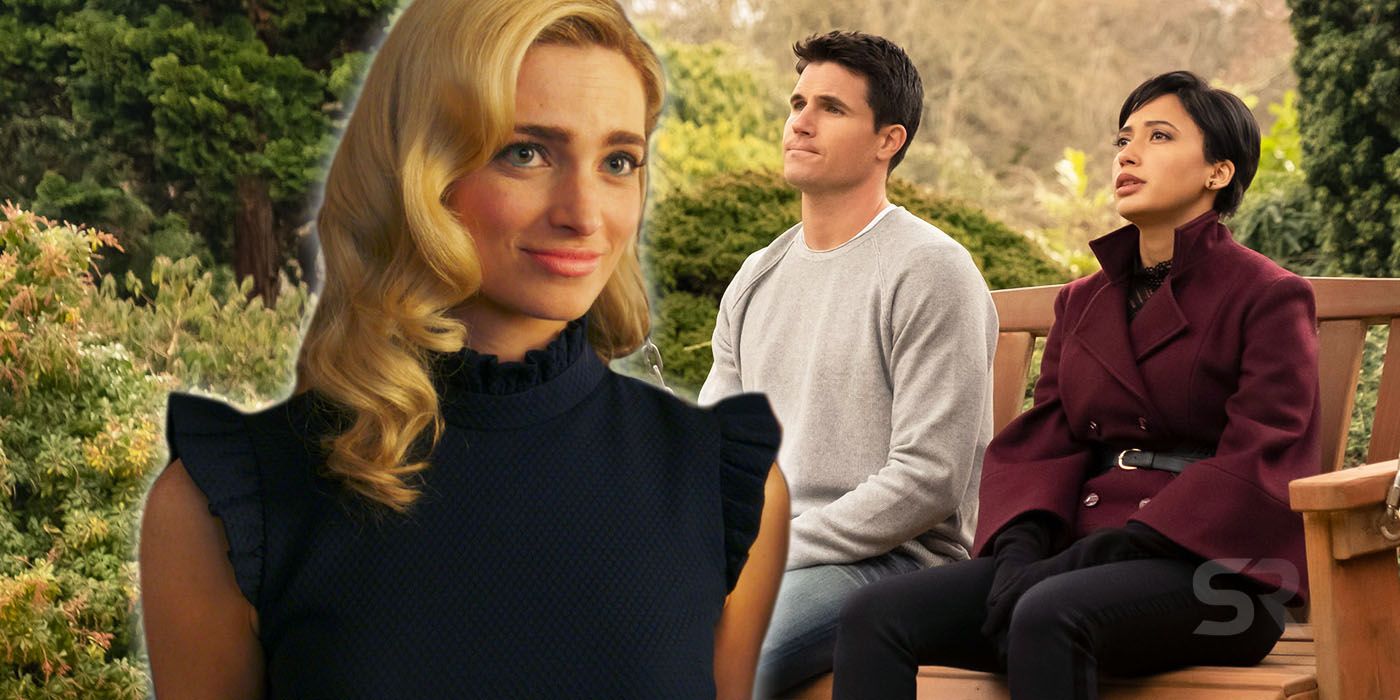
Nathan initially comes off as a typical, entitled young guy in his twenties. He's traditionally handsome, white, and uses it to his benefit--the first time viewers hear him speak of his girlfriend it's to assert that he only values her for her looks. His feelings may change in regards to romance with Nora, but it remains that he wasn't all that considerate with Ingrid.
8 Love: Nathan's Niece
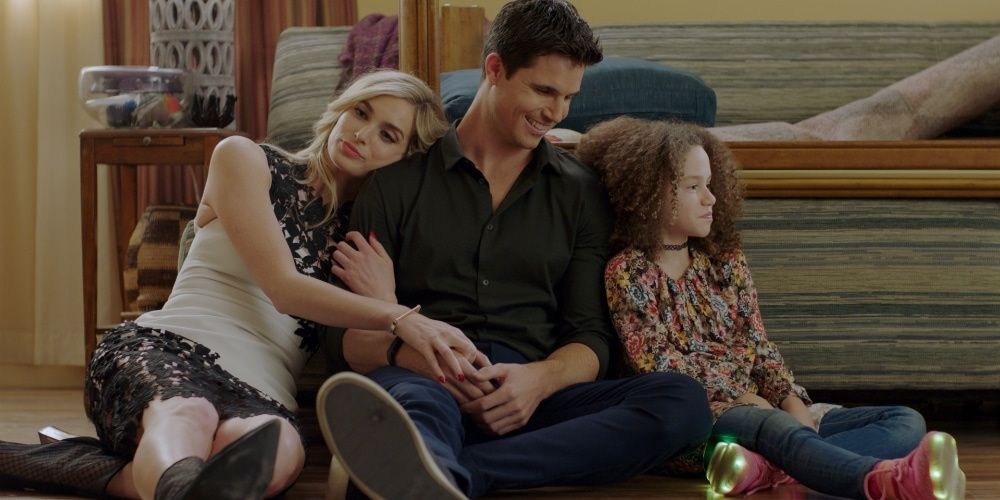
Nathan's niece is a lovely addition to the series. She doesn't exactly play an integral character in the first season, but one can hope that she will be allowed more screen time next season.
Whenever she is on screen, she shines. He character is warm amongst the harshness of the majority of other characters in the show.
7 Don't Love: Angels Messing With Residents
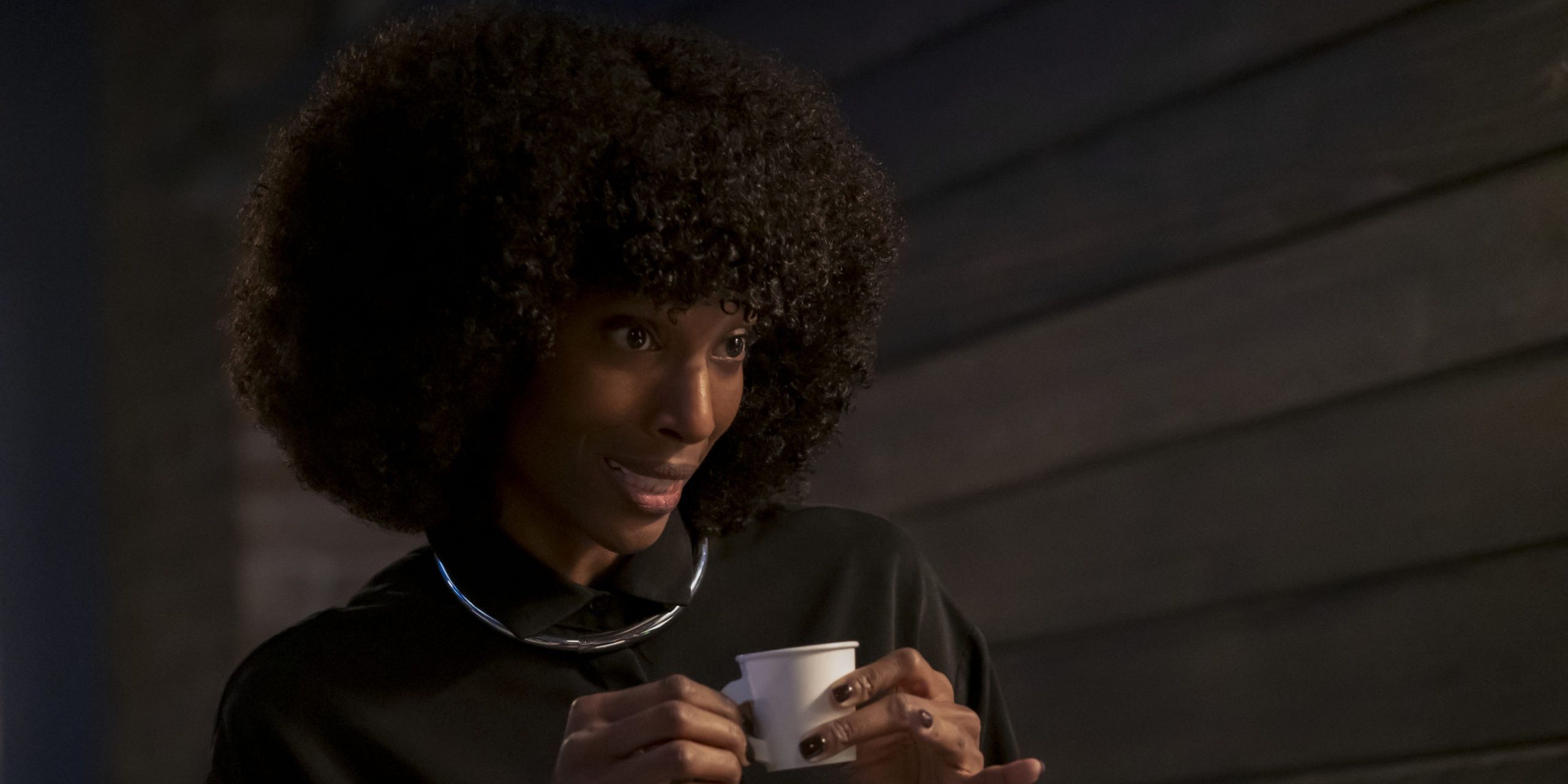
The Angels are clearly underpaid workers, yet it's still concerning when some of them don't take their jobs seriously.
The people they care for may be technically dead, but their consciousness is fully aware, meaning that stress is real to them, and considering they rely on other people completely for their existence, their stress is a touchy situation. Yet Angels speak of their failure rates with residents as if it's no big deal.
6 Love: Nora And Her Dad
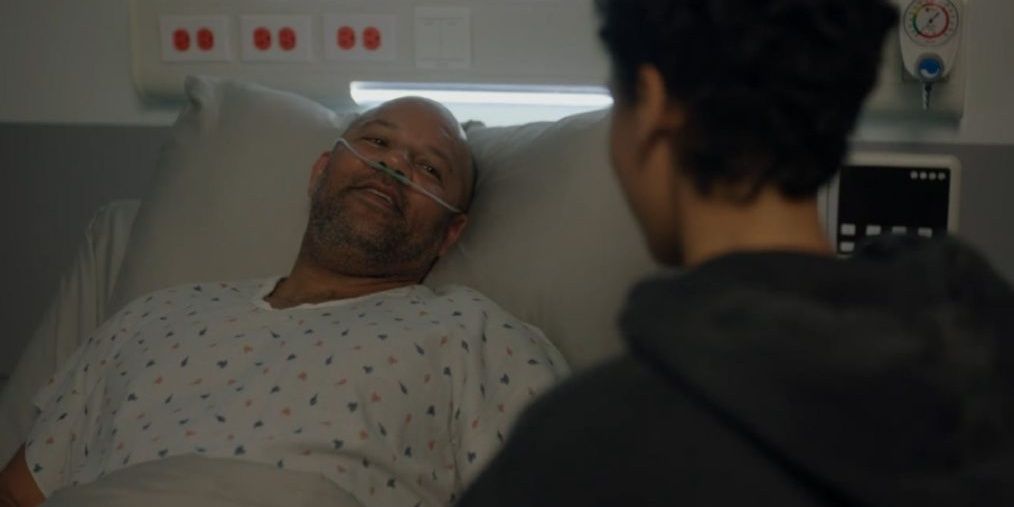
Nora has a touching relationship with her father. It's nice to see such a close father-daughter dynamic depicted on-screen, especially since the show shows both the easy and difficult parts of such a relationship, like how Nora wants her father to upload when he dies, but he is still religious and believes in going to heaven. It suggests a divide between generations that is likely to exist in the future, and which exists in other ways now.
5 Don't Love: Nathan's Ignorance
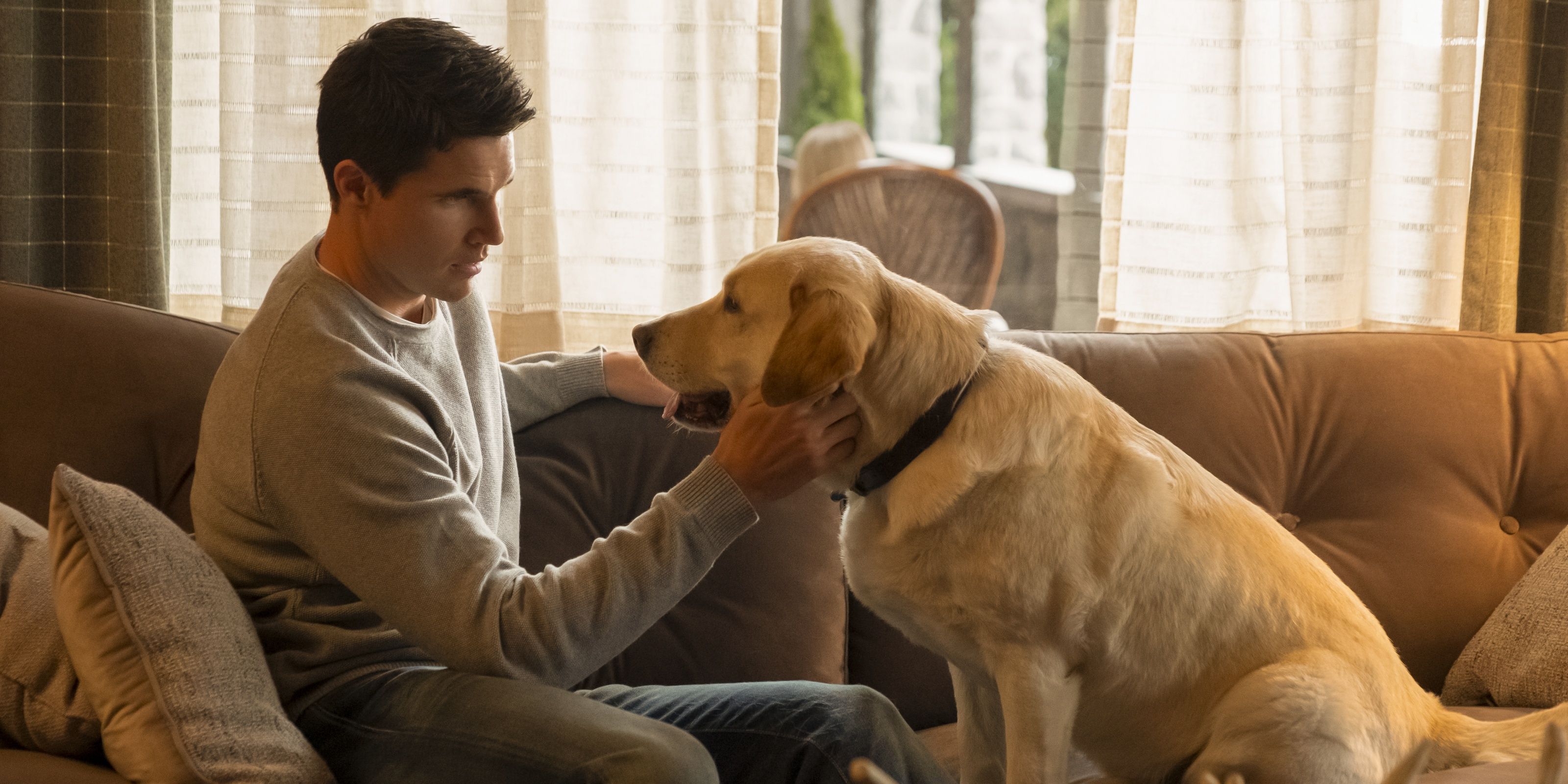
Nathan makes his privilege very clear in many ways, but particularly when he is venting to his therapy dog--who is a literal therapist speaking through a virtual dog.
Nathan complains about how everything in his life was perfectly easy before he died, and how now that things are harder he misses how perfect being alive was. The therapist, who is also a black man, delicately calls Nathan out for his blatant ignorance.
4 Love: Luke
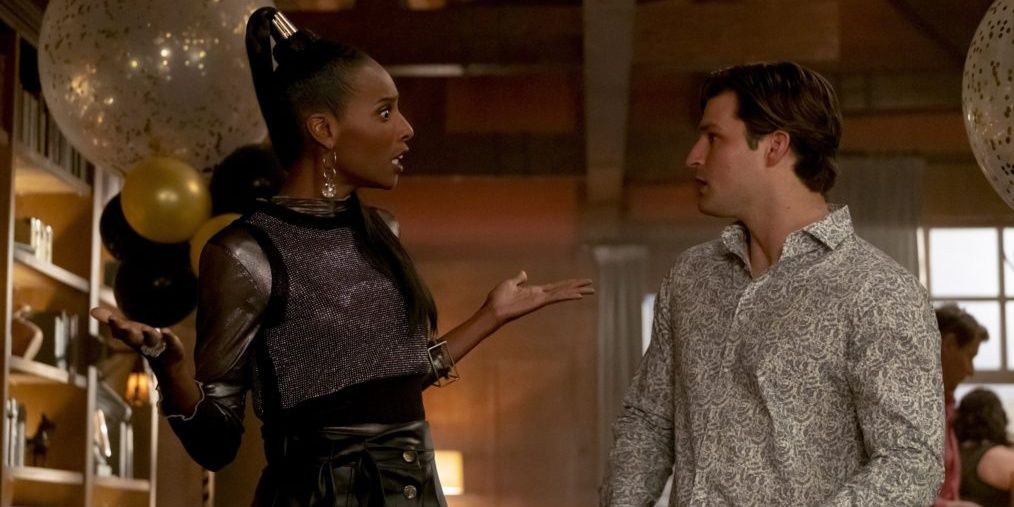
Luke is a heartwarming part of the show and also a source of great comedy. He is a somewhat odd, offbeat guy, and he brings his silly energy into scenes where Nathan is taking himself too seriously.
He might sometimes come off as a genuinely ridiculous person in the beginning of the series, but he earns viewers respect by always sticking by his friends and proving himself more self-aware than he lets on.
3 Don't Love: A Very Conventional Lead
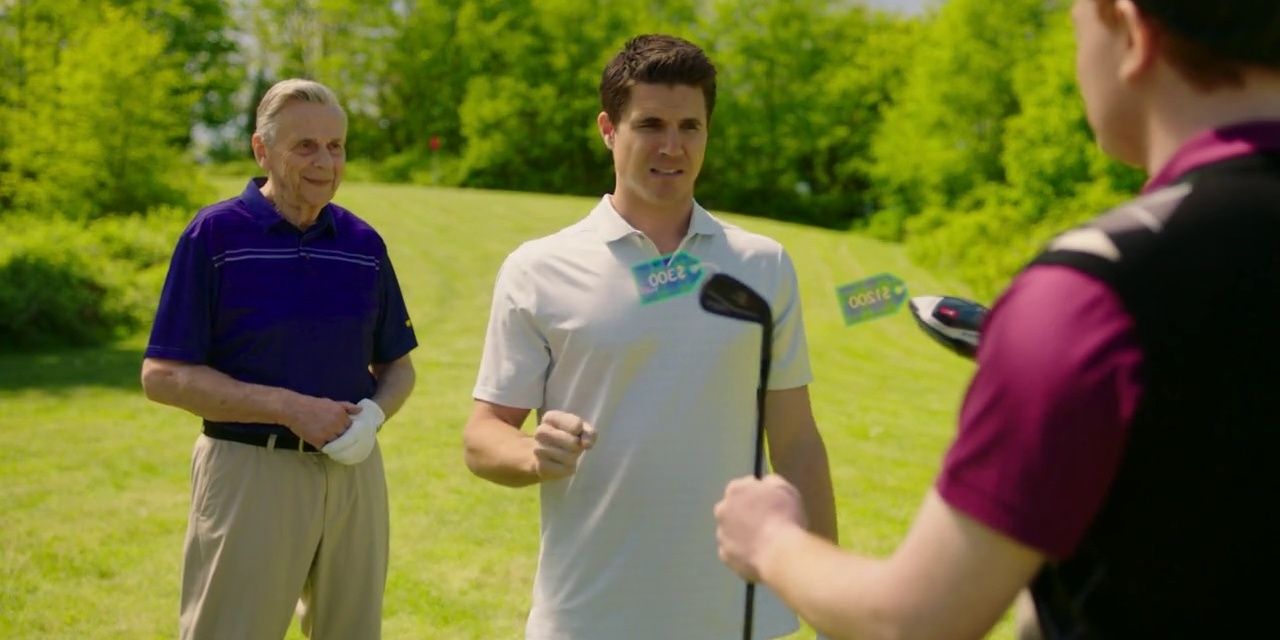
Nathan is a great character, but it's a little old-hat that a new show in 2020 which is trying to depict an American future chose to put the most traditional looking white male at the center of their story.
The cast is decently diverse outside of Nathan, but this doesn't change that he's at the center, where it easily could've been anybody else and have depicted a future with a little more hope. The show missed an opportunity.
2 Love: Dylan Becoming Female
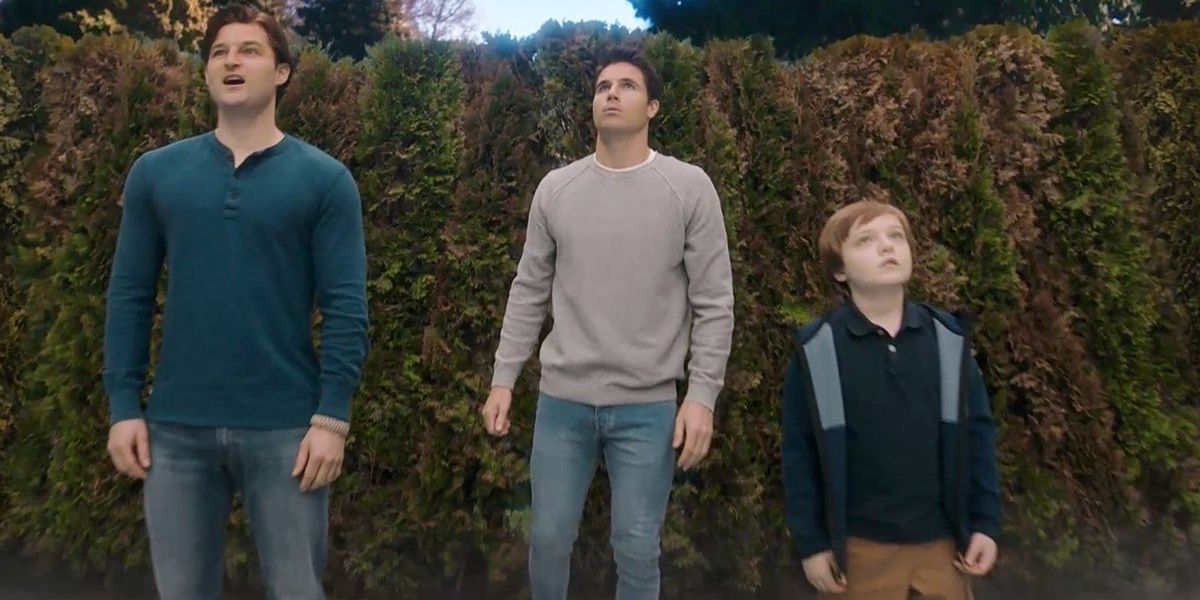
There's a tiny instant in the show where Dylan briefly experiences being a female teenager, and it's a great moment. The small boy who went around trying to hit on women and speaking about them as sexual objects accidentally is turned into one, and in the span of maybe twenty minutes he experiences the humiliation of being sexually objectified. It was sad when Dylan chose to go back to being a little boy instead, as the female version of him would have made for a more interesting character.
1 Don't Love: Nora's Obliviousness
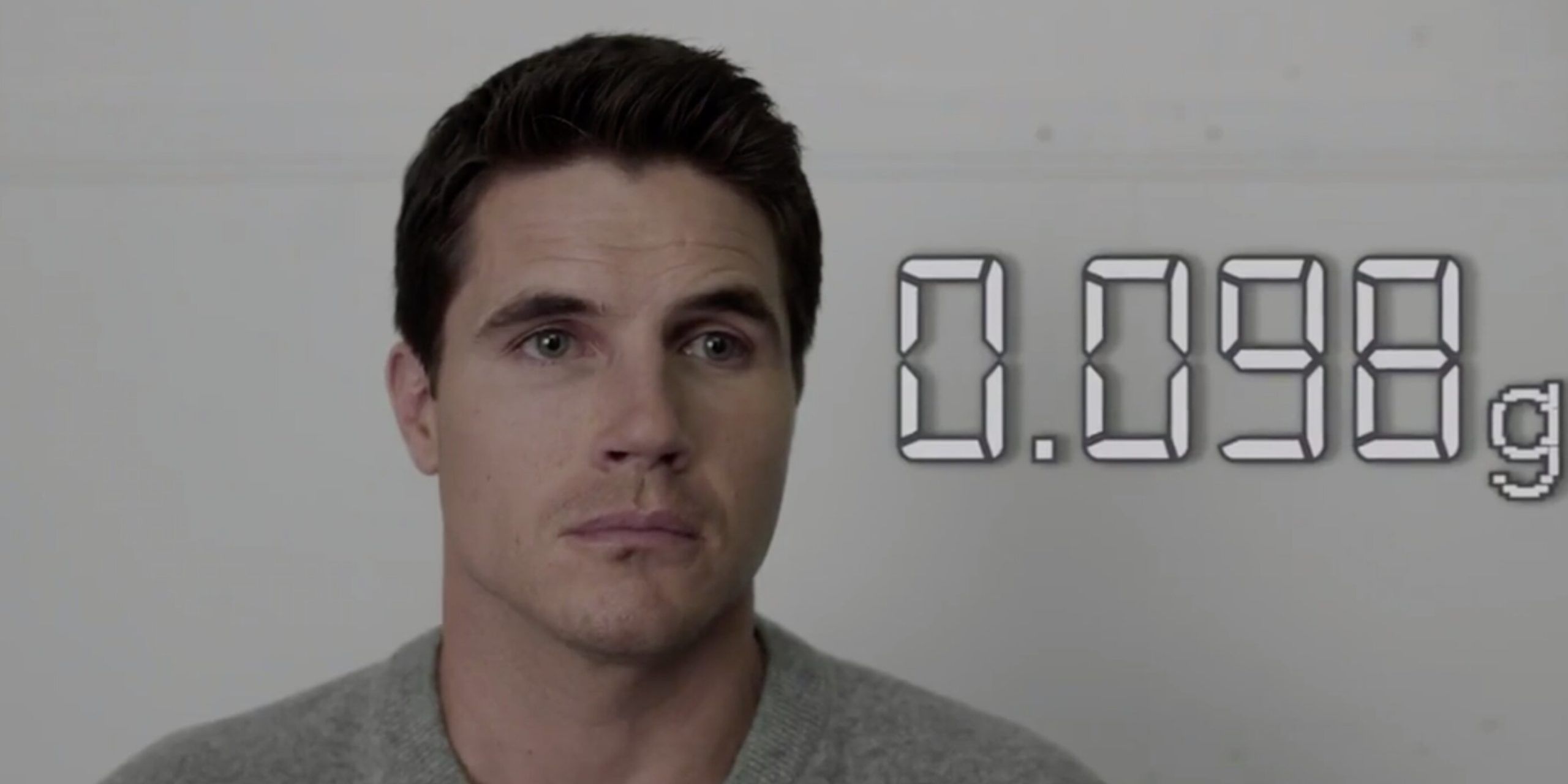
Nora is the one who told Nathan how easy it is for people on "two gigs" of data to run out of data and be paused, and yet this doesn't occur to her at the end of the show. The end sees Nora confess her love to Nathan, who tries to tell her he's about to run out of data. When he doesn't respond to her, she assumed that he doesn't love her. If she remembered where he is, or considered that it's not like him at all to not respond, she wouldn't have abandoned him. It wasn't the best ending.
from ScreenRant - Feed https://ift.tt/2UXhbpg




